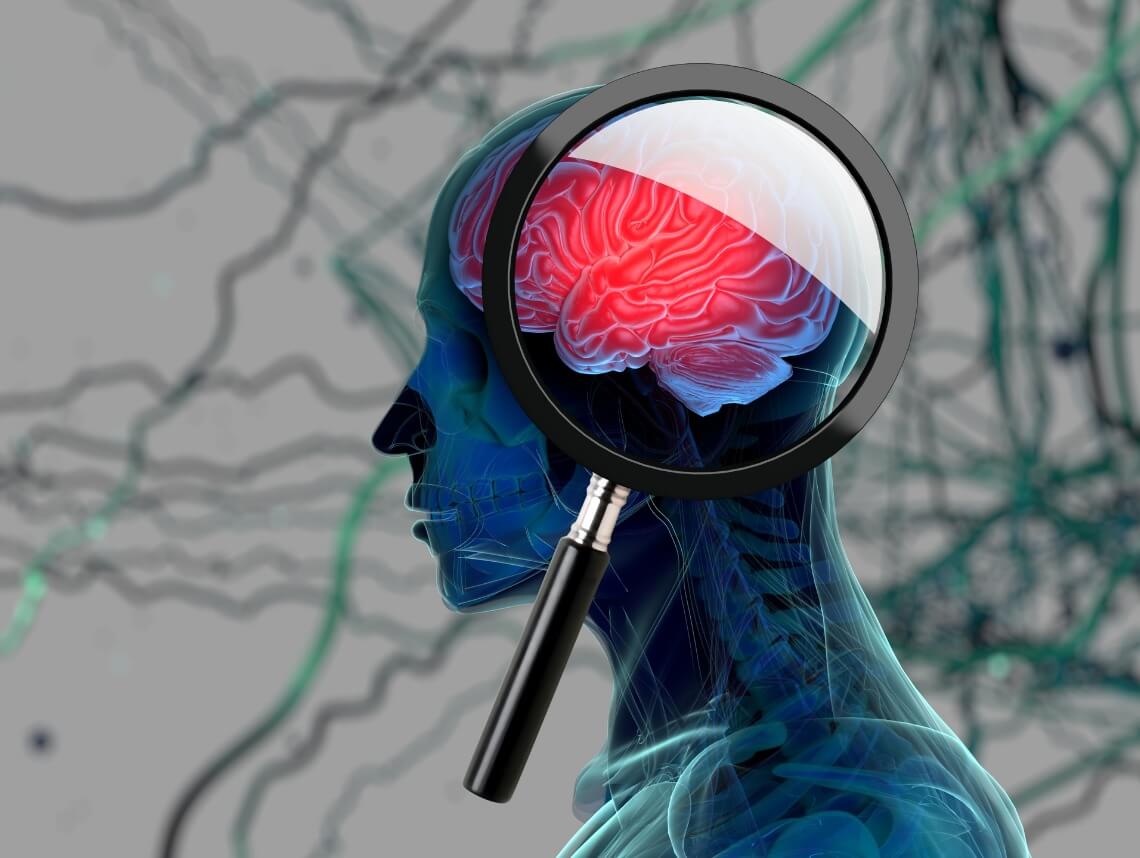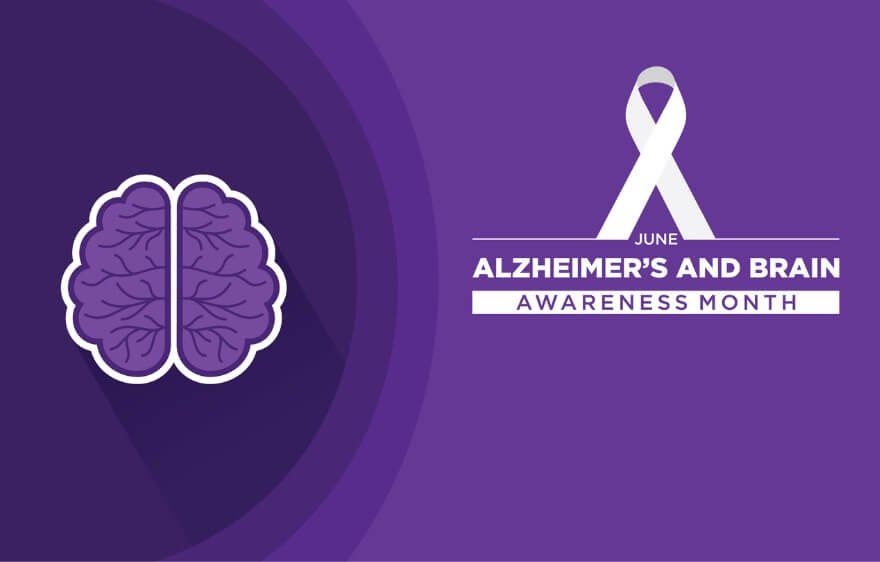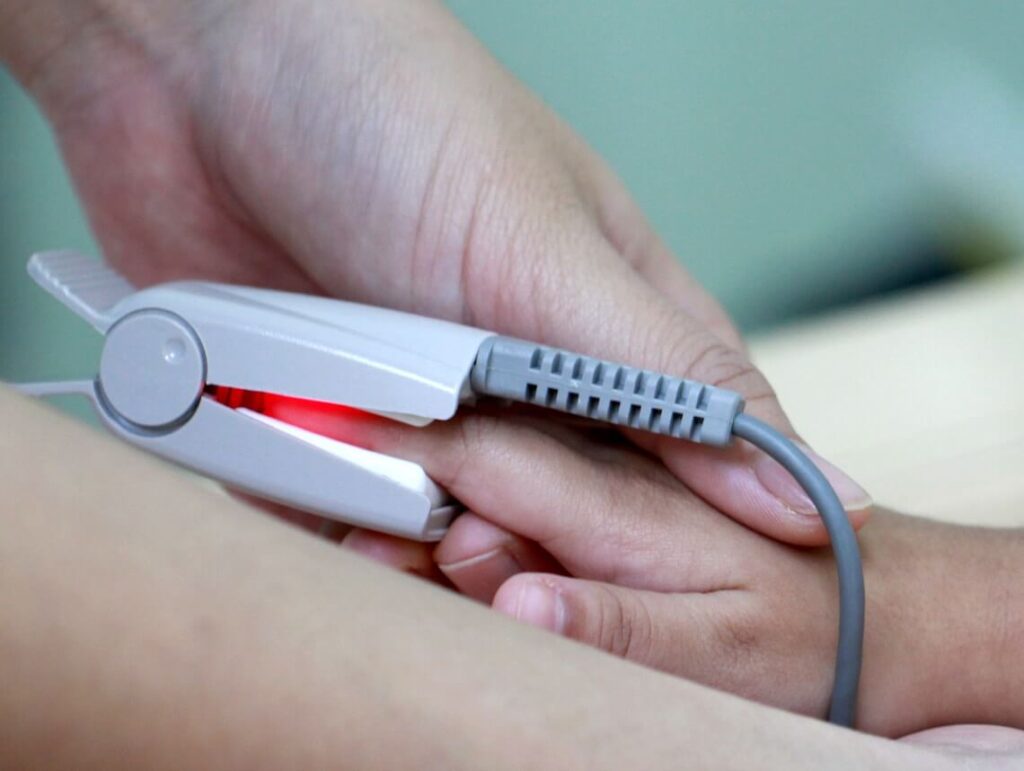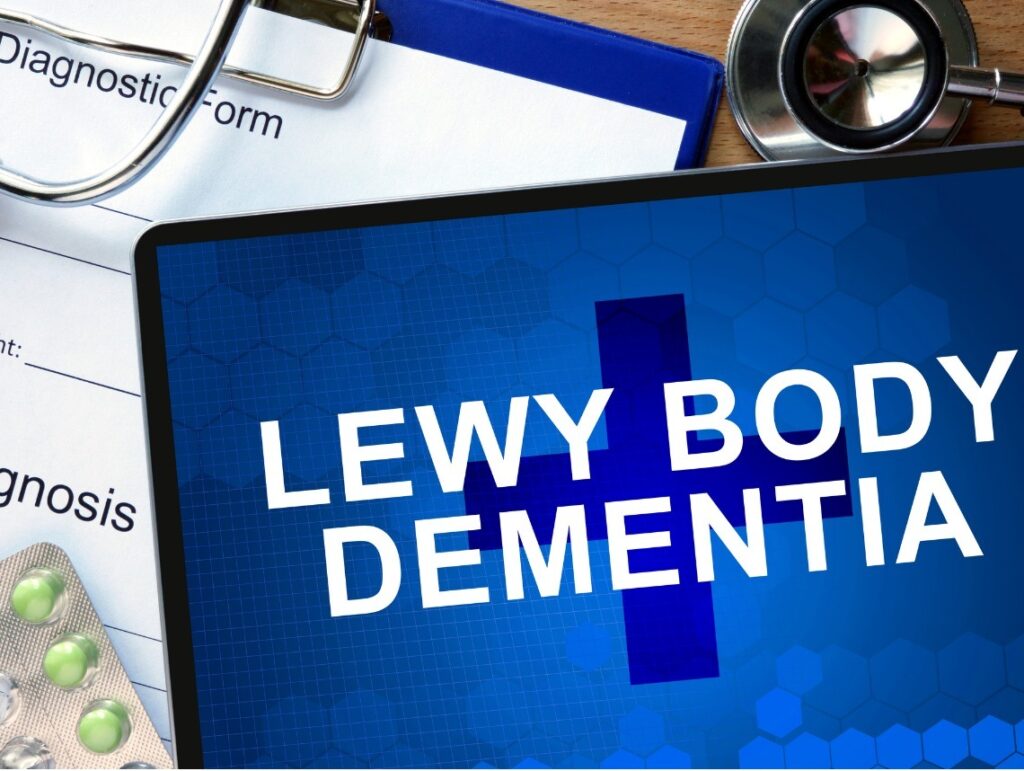In your role as a family caregiver, Alzheimer’s disease and other forms of dementia are likely something that is frequently on your mind. You may worry that your elder will develop this condition and that you may not be prepared to handle it.
Knowing as much as possible about this progressive disease is the first step in feeling confident and secure that you could give your parent the care that they need to handle this disease if it did develop during their later years.
June is Alzheimer’s and Brain Awareness Month. This is the ideal time for you to learn more about Alzheimer’s, its risk factors, its symptoms, and the care that you can give your elder that is right for them.
Between advocacy, research, and fundraising events, individuals across America are joining together to promote action and help put an end to this devastating disease. To help spread awareness among the community, we’ve put together some interesting findings and resources to help you better understand Alzheimer’s, how it affects individuals, and what you can do to protect your brain health.
The Alzheimer’s Association recently surveyed a group of Americans to determine their attitudes, knowledge, and experience with Alzheimer’s disease and other forms of dementia. When asked which chronic health conditions they were most afraid of, the majority of respondents (35%) chose Alzheimer’s disease or dementia over cancer (23%) and stroke (15%). For many, the fear of what will happen when the disease progresses causes the most concern.
Other common fears associated with the disease included:
- The fear of forgetting loved ones
- Becoming a burden to family members and friends
- Not being able to care for oneself when the disease progresses
- Losing one’s personality and identity
- Simply having experienced the effects of the disease through someone else (and knowing what to expect)
Researchers come closer to finding a cure for this horrible disease every day. Until then, the reality is that every 67 seconds, someone in the United States will develop Alzheimer’s, and at some point, you may experience first-hand these devastating effects (whether it’s through friends, family, or peers).
Alzheimer’s Risk Factors
There are a number of risk factors that are uncontrollable, such as:
- Age
- Family history
- Genetics
Alzheimer’s Prevention
But what has been discovered is the possibility for individuals to prevent or delay the onset of Alzheimer’s or other forms of dementia by simply practicing healthy habits.
Consider the following lifestyle modifications to help protect yourself:
Exercise regularly: Studies show that exercising regularly can reduce your risk of developing Alzheimer’s disease by nearly 50%.
Eat healthy: Eating healthy not only reduces your risk of heart disease and other ailments but also improves blood flow to the brain.
Stimulate your brain: Brain games and other cognitive training stimulate the brain, helping it grow and develop new connections as we age.
Get sufficient rest: Adults need between 7 and 9 hours of sleep per night to help the brain recharge, increasing your ability to stay alert and retain information.
Manage stress: Studies have shown correlations between chronic stress and the development of Alzheimer’s disease and other forms of dementia. For this reason, managing your stress is important to long-term brain health.
Factors About Alzheimer’s Disease
Some things that you should know about Alzheimer’s and Brain Awareness Month include:
- There are approximately 5.5 million people living with Alzheimer’s disease throughout the United States.
- Experts estimate that the number of people living with this progressive disease in the United States will rise to as much as 16 million by the year 2050.
- Someone in the U.S. develops Alzheimer’s disease approximately every 66 seconds.
- 30 percent of elder Americans die with some form of dementia, including Alzheimer’s disease.
- This number accounts for 1 in every 3 elder deaths.
- In the last 17 years, deaths from Alzheimer’s disease have increased by 89 percent.
- Alzheimer’s disease is the 6th leading cause of death throughout the United States
- Alzheimer’s disease kills more people in the United States each year than prostate cancer and breast cancer combined.
- More than 15 million people throughout the United States are unpaid caregivers for people who are living with Alzheimer’s disease.
- 35 percent of caregivers report that they have suffered diminished health as a result of their responsibilities toward their care recipient.
Caring for Someone With Alzheimer’s Disease
Caring for an elder adult with Alzheimer’s disease can be extremely challenging. If you are on this type of journey with your aging loved one, starting elder care for them might be the best decision that you can make for both of you.
An elder home care services provider can be with your parent on the customized schedule that is right for them. This means that whether they have extensive care needs or are only at the beginning of their progression with the disease, you can both feel confident that they are getting the level of care, support, and assistance that is right for them.
The elder care provider can work with your parent to help them manage their individual needs, challenges, and limitations while also supporting as active, fulfilling, and independent a lifestyle as possible. By helping to keep them safe, healthy, and comfortable while helping them to pursue activity, engagement, and involvement, this elder care provider can help your parent see that there can still be meaning and value in this new chapter of their lives even as they move through their progression with the disease.
Contact Care Options for Kids for Home Care Services
Care Options for Kids understands the struggles individuals and families face when dealing with Alzheimer’s disease and other forms of dementia. The knowledge, resources, and emotion required to care for someone with Alzheimer’s can be overwhelming, and we’re here to help.
We refer loving and qualified caregivers to provide expert Alzheimer’s care, from a few hours a day to around-the-clock care. Contact us directly to speak with a home health care professional or Request a Free In-Home Assessment.
If you or an aging loved one are considering home care services, contact the caring staff at Care Options for Kids. Call today (888) 592-5855.
Sources
https://www.alz.org/alzheimers-dementia/facts-figures
https://www.alz.org/abam/overview.asp






